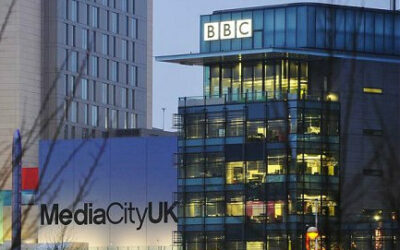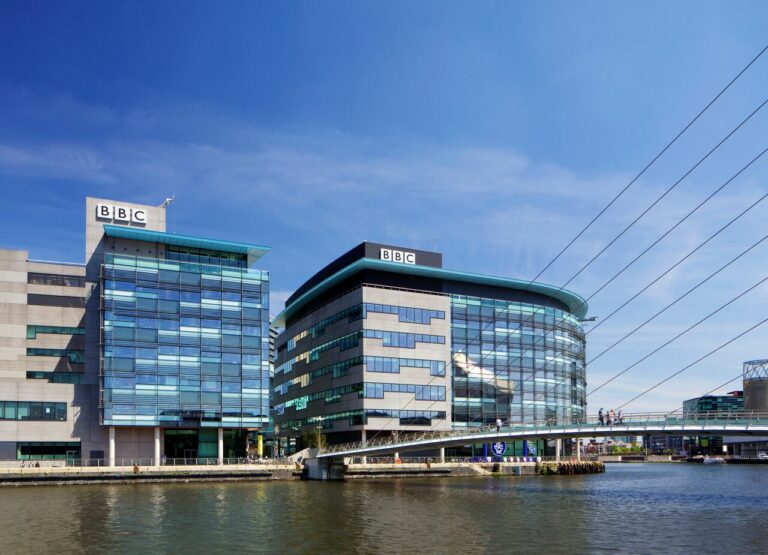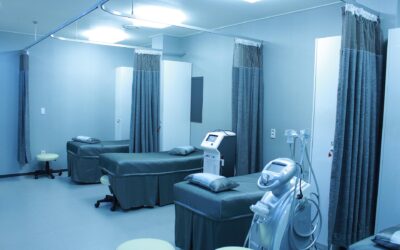NUJ members have signed a motion of no confidence in the BBC managers behind plans to “kill off” local radio.
A letter sent to Tim Davie, BBC director general, from the union says: “Local radio is celebrating its 55th birthday, but the proposal to share output after 2pm is potentially the beginning of the end. Local radio is successful because it’s local. People in Norfolk tell us they don’t care about stories and issues from Suffolk, they want stories about the community on their doorstep…Please listen to the 5.7m local radio listeners and the politicians who want local radio to be protected. Don’t go down in history as the director general who killed off local radio. Please keep local radio local.”
The letter says the union understands the need for the BBC to focus on digital services and says, “there are other ways of achieving this without taking funding from local radio.”
Debates in both Houses of Parliament last week revealed huge cross-party support for local radio and against the plans with MPs and peers alike. Politicians of all parties variously described BBC local radio as “a lifeline for news and education, mitigating against rural isolation and supporting people’s rural mental health,” a “great incubator for new talent” and “one of the crown jewels of our public sector broadcaster.” Tim Davie has also received letters from MPs and councillors urging him to rethink his proposals.
The current plans mean that most local radio output in the afternoons and evenings will be shared. Overall, BBC local staffing in England is expected to reduce by around 48 posts. The NUJ has described this as the greatest risk to local radio since its launch in 1967.
Paul Siegert, NUJ national broadcasting officer said: “The key to [local radio’s] success over the past 50 years has been its localness. When it stops being local it loses its Unique Selling Point. The very essence of the service is that it is of the community and has a distinct local identity.”
The full no-confidence motion notes the proposed Digital First plans from BBC England. It further notes that BBC England management has a notoriously poor track record in making bad decisions on its structure, including the cutting of 450 jobs in 2020, eliminating the online subs desk, reducing numbers in its TV operation and imposing four-hour shows in local radio.
The NUJ also highlighted that some of the people involved in those decisions are now behind the latest proposals. It expressed concern over the possibility of redundancies and the end of BBC Local Radio, and urged BBC senior management to pause the proposals pending a full review, also claiming that there is no pressing financial need to implement the changes.














